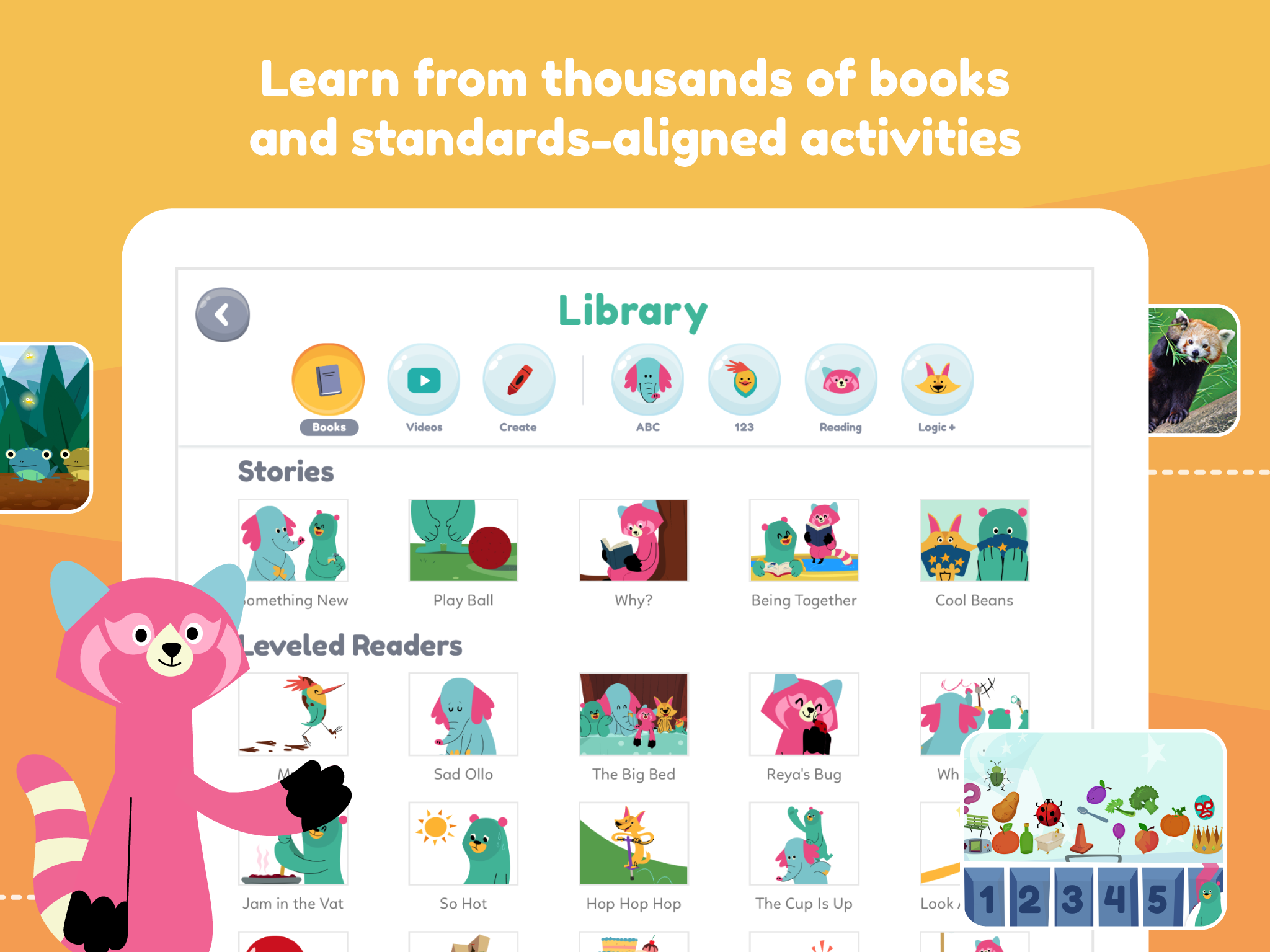


Then I go to college at MIT and I saw a lot of people struggle there, too, mainly because they aren't adequately prepared. I saw C and D students all of the sudden do very, very well and become some of the best math students in the state. I noticed that if you tutored people the right way, engaged with them the right way, they would improve. I had the right mindset." I saw those ideas in action early in high school.Īlso, I tutored others as part of this math honors society I was in. Or you can say, "No, my brain was able to tackle it. If you're doing well in school you can have one of two things: You can say, "Oh, well, I have the DNA for doing it. You often say that anyone can learn anything. Related: Student Startup: Why College Is the Perfect Time to Launch a Business It wasn't completely obvious to me then, but I just knew something was off. That's when I started questioning the notion of mastery-based learning. They seem to learn things just as fast, but they're hitting walls in algebra class and chemistry class. I had a lot of friends there who were just smart as I am. I went to a fairly normal, middle of the road public school in a suburb of New Orleans, but it gave me huge opportunities. We have a lot of dancers and singers who don't fit with certain stereotypes that they're all engineers and they're all super invested in math.

My mother's side of the family, they're more the artists. But, when I got to know them, they're intensely academic. My parents separated when I was two and then my father passed away, so I never really knew that side of the family. My father's side of the family was very active in education. How did you develop a passion for education? Who inspired you?Įducation has helped me a lot.


 0 kommentar(er)
0 kommentar(er)
